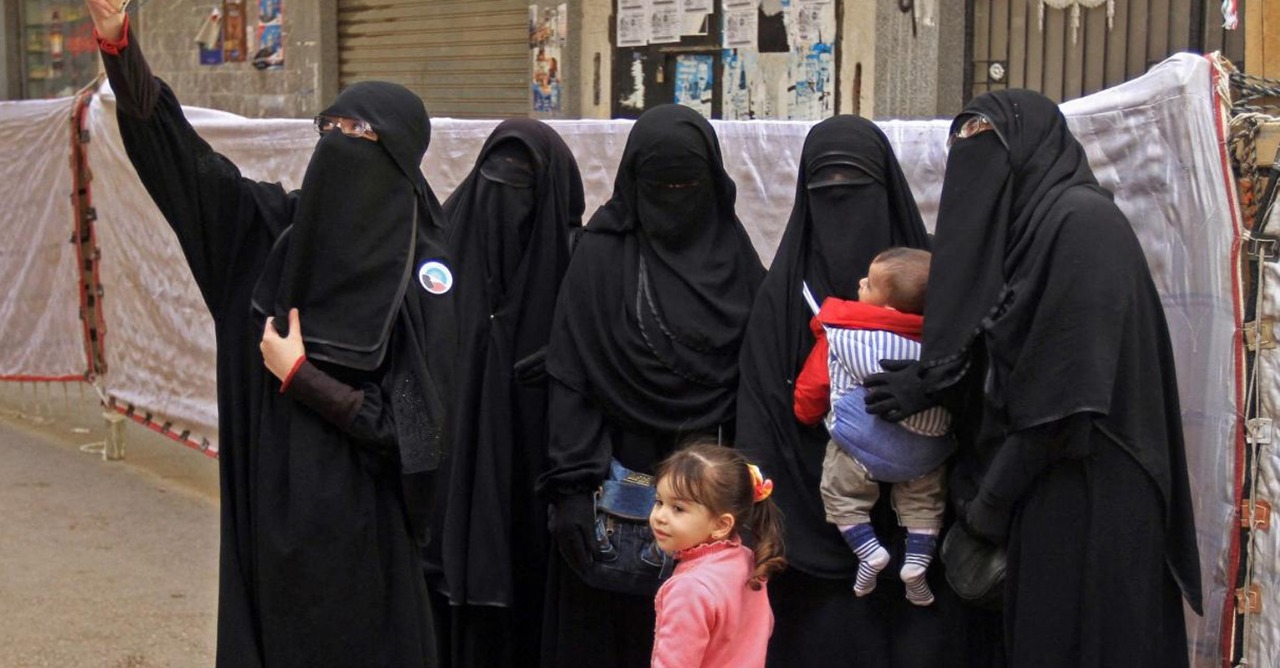
By Sulagna Halder
Astana, July 1, 2025:
Though official statements frame it as a security measure, Kazakhstan's President Kassym Jomart Tokayev signed legislation that forbids wearing face covering clothing in public.
This move is widely perceived as targeting Islamic veils like the niqab and burqa. Any clothing that "interferes with facial recognition" is prohibited by the law, which goes into effect immediately. The only exceptions are for medical reasons, severe weather conditions, and specific cultural or athletic events. The law does not specifically address religious clothing, but its impact is evident. President Tokayev urged people to adopt traditional Kazakh attire, having previously called the niqab "an archaic form of clothing imposed on Kazakh women by radicalized neophytes." "It's much better to wear clothes in the national style rather than face concealing black robes," he said.
With this ruling, Kazakhstan joins a number of Central Asian countries that have prohibited the wearing of Islamic face coverings. Tajikistan has banned "foreign" clothing under cultural protection laws, Uzbekistan levies fines exceeding $250 USD, and Kyrgyzstan uses street patrols to enforce its ban. Government representatives have maintained that the law is necessary to prevent crime and ensure public safety. Nurlan Yermekbayev, Minister of Religious and Civil Society Affairs, pointed out that law enforcement is hampered by concealed faces and referenced European and regional precedents. Critics claim it discriminates against Kazakh Muslims and violates their right to freedom of religion. Human rights advocates caution that face covering bans exacerbate marginalization, and more than 150 schoolgirls in Atyrau demonstrated against a ban on the hijab in educational institutions in March.
Despite Kazakhstan's secular constitution, the legislation raises urgent concerns about the state's ability to balance secular values, national identity, and religious expression in a country where about 70% of the population is Muslim. The ban, according to observers, is a part of a larger regional trend in Central Asia that aims to curb religious conservatism and strengthen ethnic identity. The government has reiterated that headscarves that do not cover the face are exempt from the ban. However, many are concerned that the law may cover more conservative types of Islamic clothing due to enforcement actions and its ambiguous language.
In the future, other countries with sizable Muslim populations might adopt comparable laws as a result of the law. Countries will have to address the complex relationship between religious freedom, security, and cultural unity in heterogeneous societies as public discourse heats up.